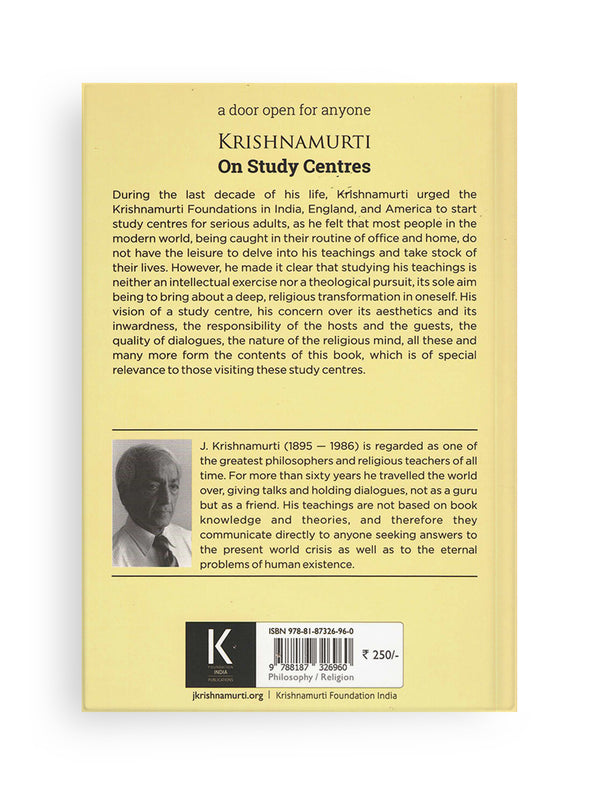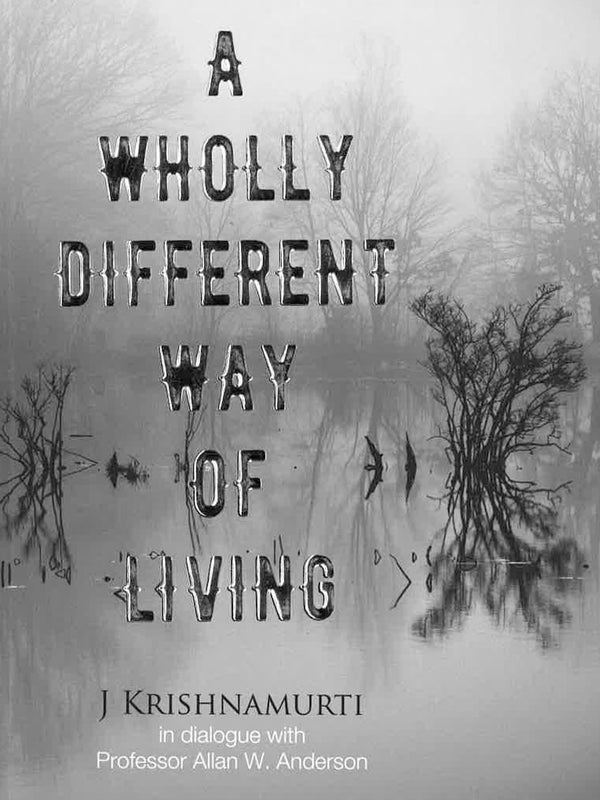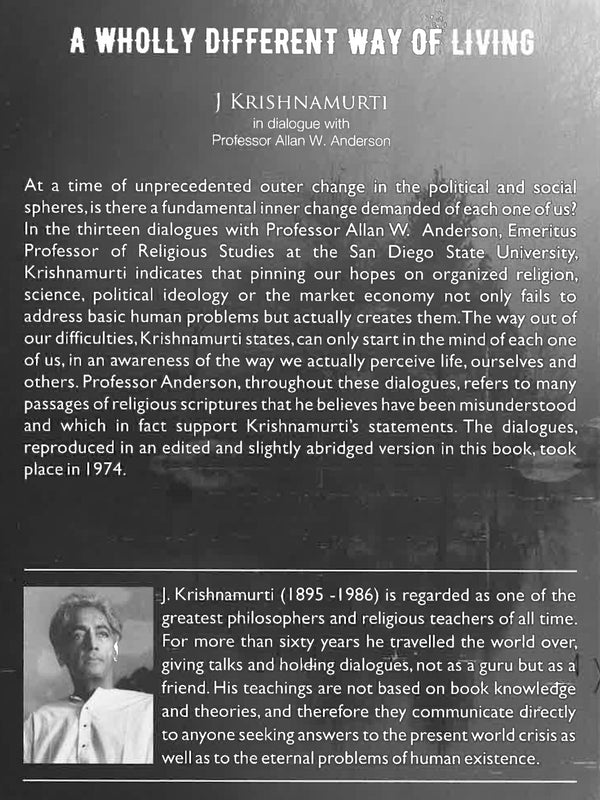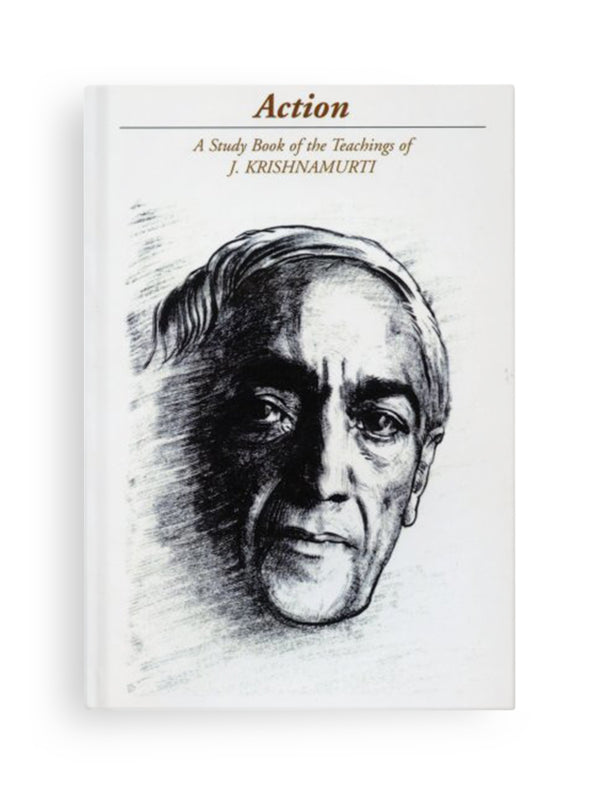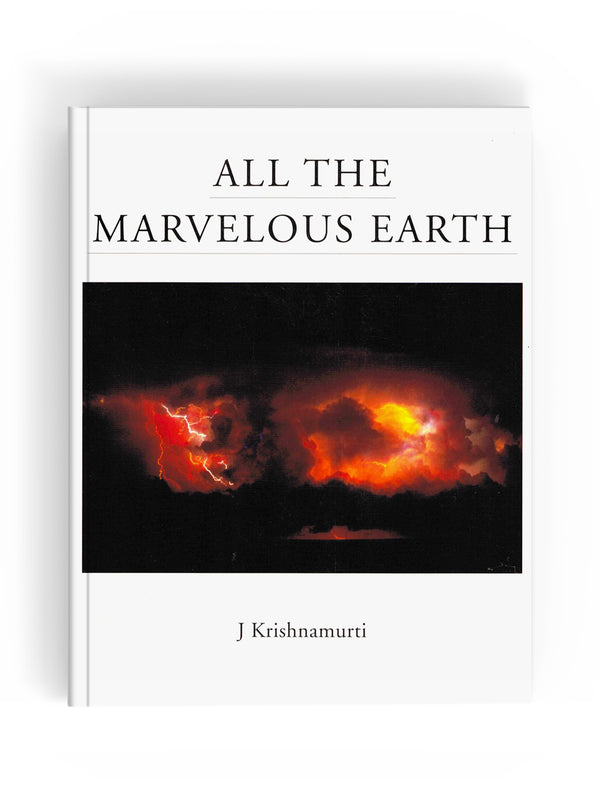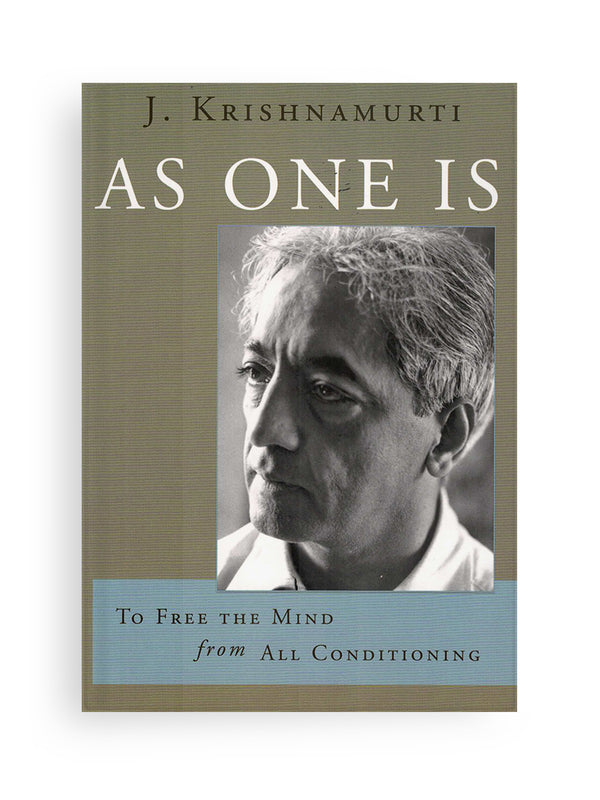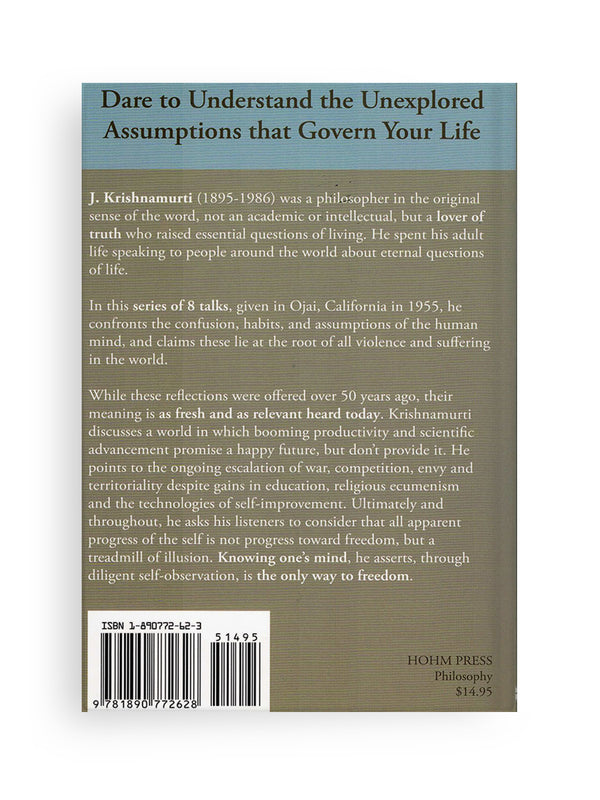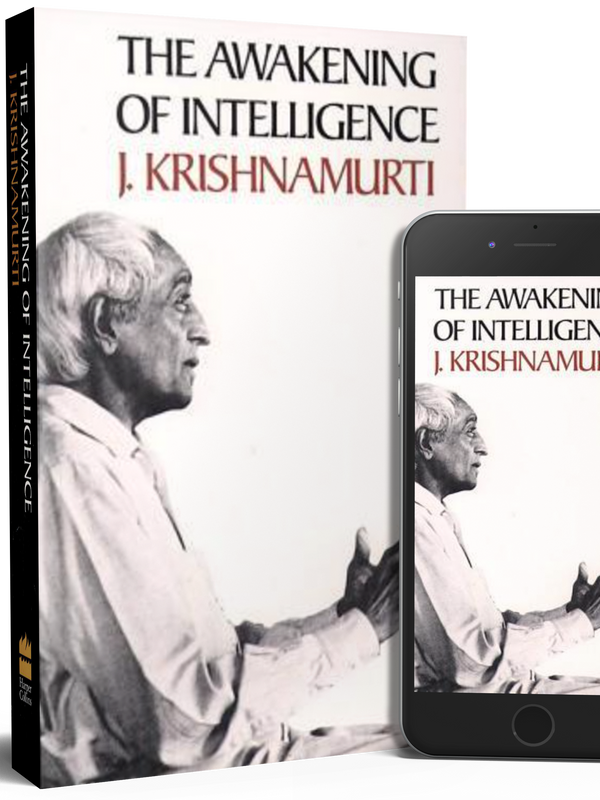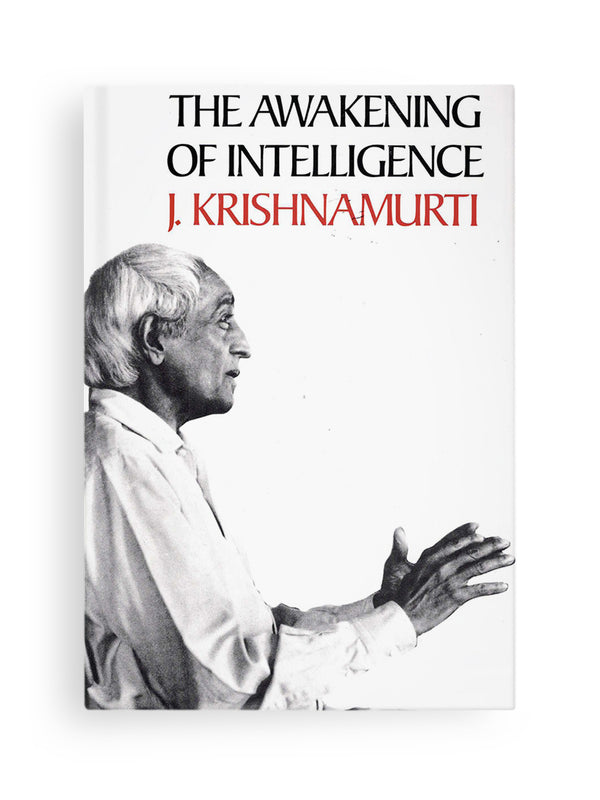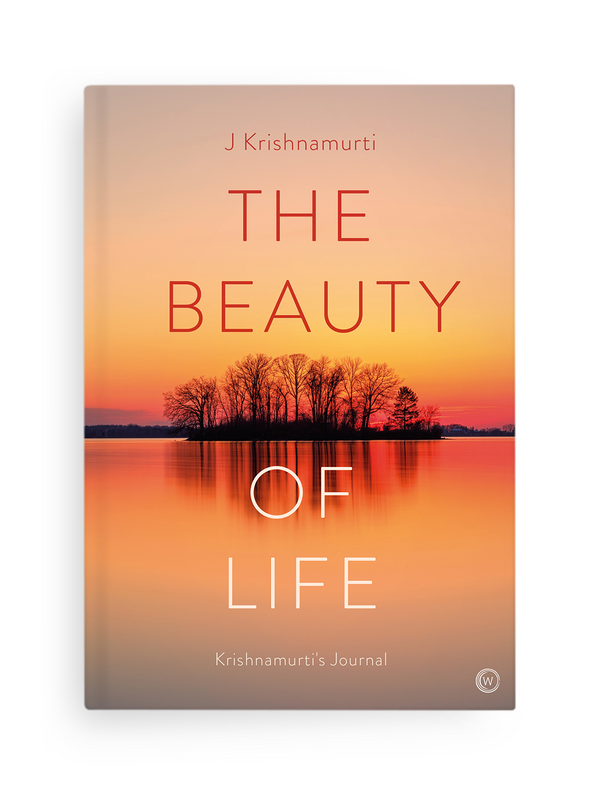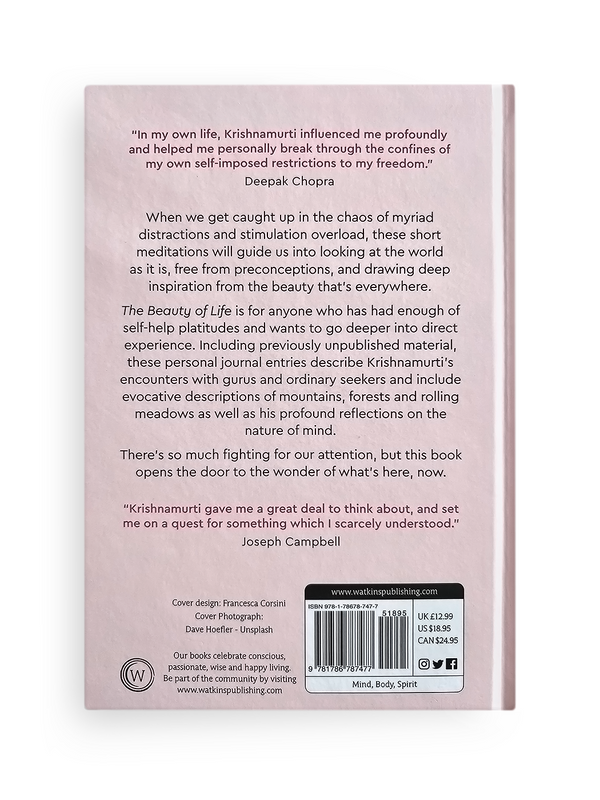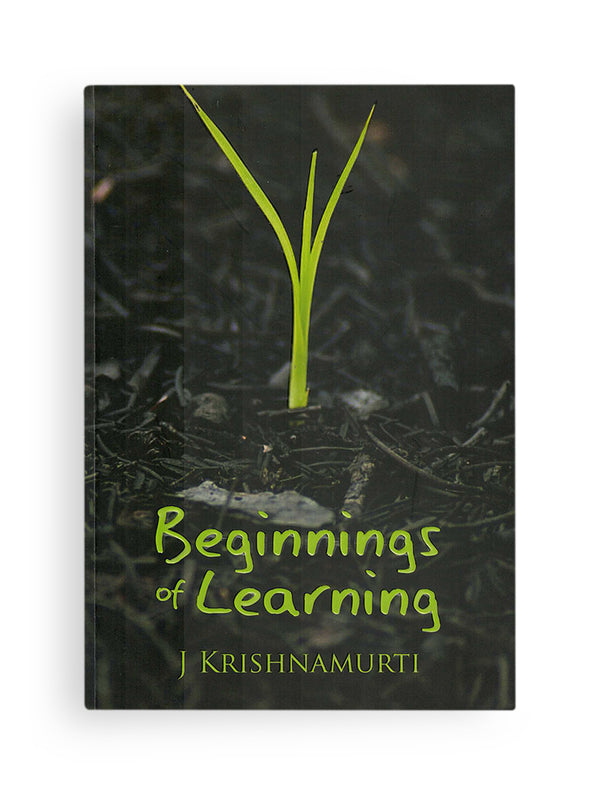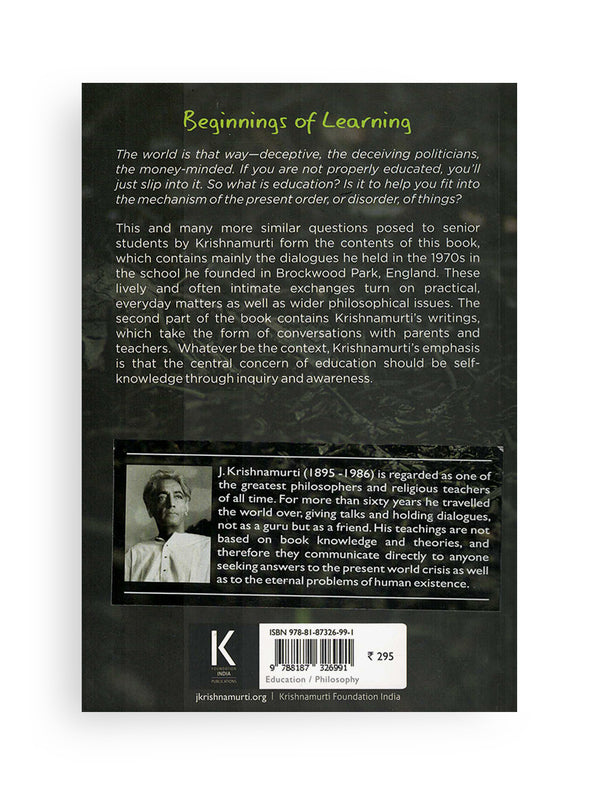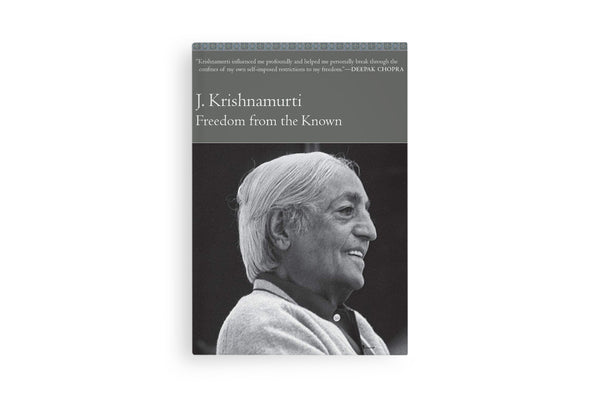
Drawn from a number of Krishnamurti’s talks and dialogues, Freedom From the Known explores many of the central themes of his teaching. The chapters include: Learning About Ourselves, Pursuit of Pleasure, Justification and Condemnation, and the Dissipation of Energy.
The vital need for change and the possibility of it are the essence of what Krishnamurti has to communicate in this book. Krishnamurti writes, “To understand and to be free of any problem we need a great deal of passionate and sustained energy, not only physical and intellectual energy but an energy that is not dependent on any motive or psychological stimulus or drug.”
From the book:
In the life we generally lead there is very little solitude. Even when we are alone our lives are crowded by so many influences, so much knowledge, so many memories of so many experiences, so much anxiety, misery and conflict that our mind become duller and duller, more and more insensitive, functioning in a monotonous routine. Are we ever alone? Or are we carrying with us all the burdens of yesterday?
There is a rather nice story of two monks walking from one village to another and they come upon a young girl sitting on the bank of a river, crying. And one of the monks goes up to her and says, `Sister, what are you crying about?' She says, `You see that house over there across the river? I came over this morning early and had no trouble wading across but now the river has swollen and I can't get back. There is no boat.' `Oh,' says the monk, `that is no problem at all', and he picks her up and carries her across the river and leaves her on the other side. And the two monks go on together. After a couple of hours, the other monk says, `Brother, we have taken a vow never to touch a woman. What you have done is a terrible sin. Didn't you have pleasure, a great sensation, in touching a woman?' and the other monk replies, `I left her behind two hours ago. You are still carrying her, aren't you?'
Publisher: HarperSanFrancisco
Author/Editor: J. Krishnamurti
124 pp - Paper
Customer Reviews
Jiddu Krishnamurti lived from 1895 to 1986, and is regarded as one of the greatest philosophical and spiritual figures of the twentieth century. Krishnamurti claimed no allegiance to any caste, nationality or religion and was bound by no tradition. His purpose was to set humankind unconditionally free from the destructive limitations of conditioned mind. For nearly sixty years he traveled the world and spoke spontaneously to large audiences until the end of his life in 1986 at the age of ninety. He had no permanent home, but when not traveling, he often stayed in Ojai, California, Brockwood Park, England, and in Chennai, India. In his talks, he pointed out to people the need to transform themselves through self knowledge, by being aware of the subtleties of their thoughts and feelings in daily life, and how this movement can be observed through the mirror of relationship.


